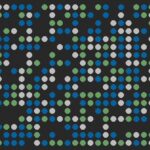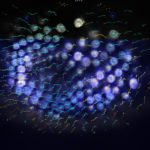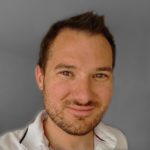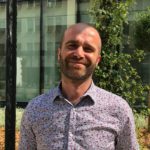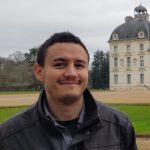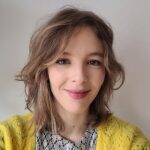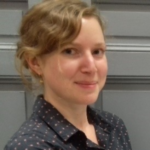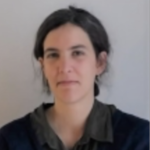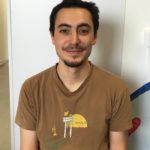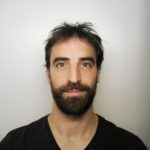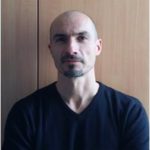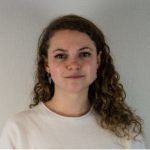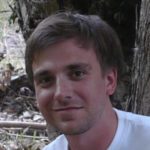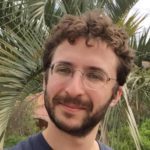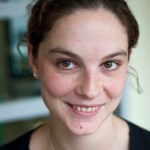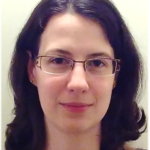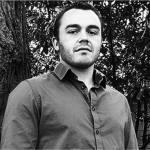After a double training in biology and computer science, I did my PhD at the Institute of Genetics and Development of Rennes (UMR-6290, CNRS-University of Rennes 1). The goal of my PhD was to use comparative genomics and population genetics to study the evolution and genetic diversity of the canine species. I characterized canine genes under positive selection using a comparative genomic approach (based on the dN/dS ratio). I developed a population genetics and a bioinformatics pipeline starting with Fst between breed pairs to identify regions of allelic differentiation between dog breeds.
After my PhD, I joined the UMR-946 to deepen my knowledge and develop my skills in statistical and epidemiological genetics. My research mainly aimed at developing new strategies, beyond Genome-Wide Association Analysis, to identify new genetic factors involved in the onset and progression of melanoma. We first proposed a multi-marker analysis strategy that integrates an analysis of biological pathways and an analysis of gene interactions within these pathways. I then developed inter-species comparative genomic strategies (man / dog / pig) to identify new susceptibility genes in humans. Additionally, I contributed to the study projects of multifactorial diseases including asthma.
I joined Institut Pasteur in 2018. I continued to contribute to the understanding the genetic factors involved in complex traits by integrating different approaches. In the group of statistical genetics, my project consisted in using summary statistics from association studies to decipher genetic mechanisms shared between different phenotypes. We have implemented a strategy, heavily inspired by Mendelian randomisation, to classify SNPs based on their effects on two correlated phenotypes. In parallel with this project, I collaborated in the analyzes of several projects, in particular of fine mapping associations and multi-phenotype analyzes. My second group at Institut Pasteur was the human genetics and cognitive functions team. My main goal was to investigate the contribution of variants on the non-coding part of the genome in the onset of autism. For this project and to contribute to different project in the lab, I processed and analysed data from genome sequence of either families with autistic individuals or population. This involved the calling of variant on the whole genome, investigating the enrichment of variants in autists for given categories of non coding features …
Since January 2020 I am research engineer within the Hub of bioinformatics and biostatistics where I continue to contribute to the identification of molecular (mainly genetic) factors involved in phenotypes linked to human health. My scope of contribution goes from bioinformatic processing of sequence data up to the statistical analysis of these data.


